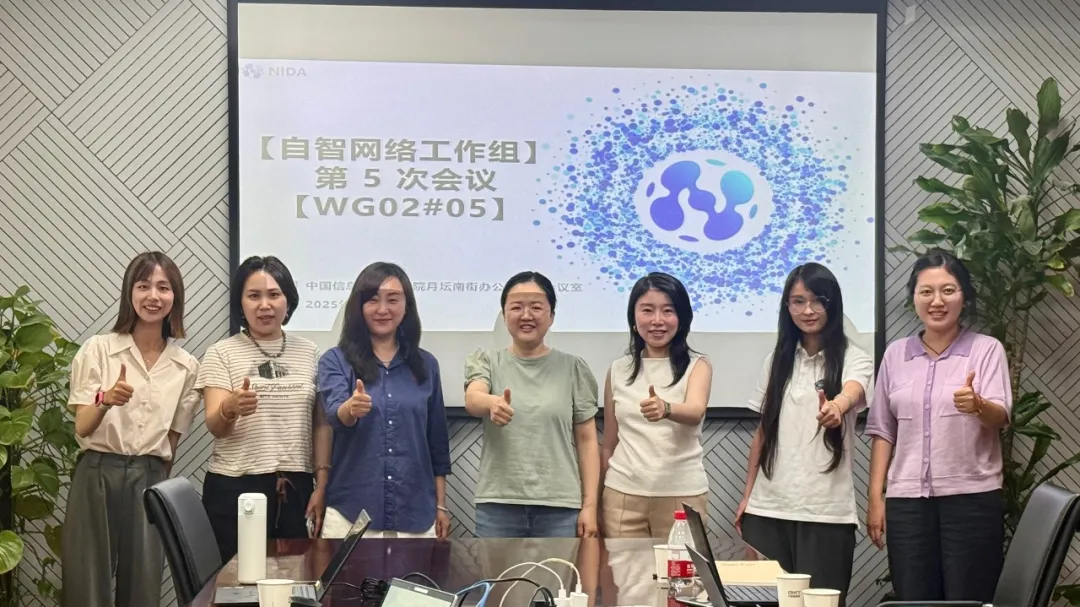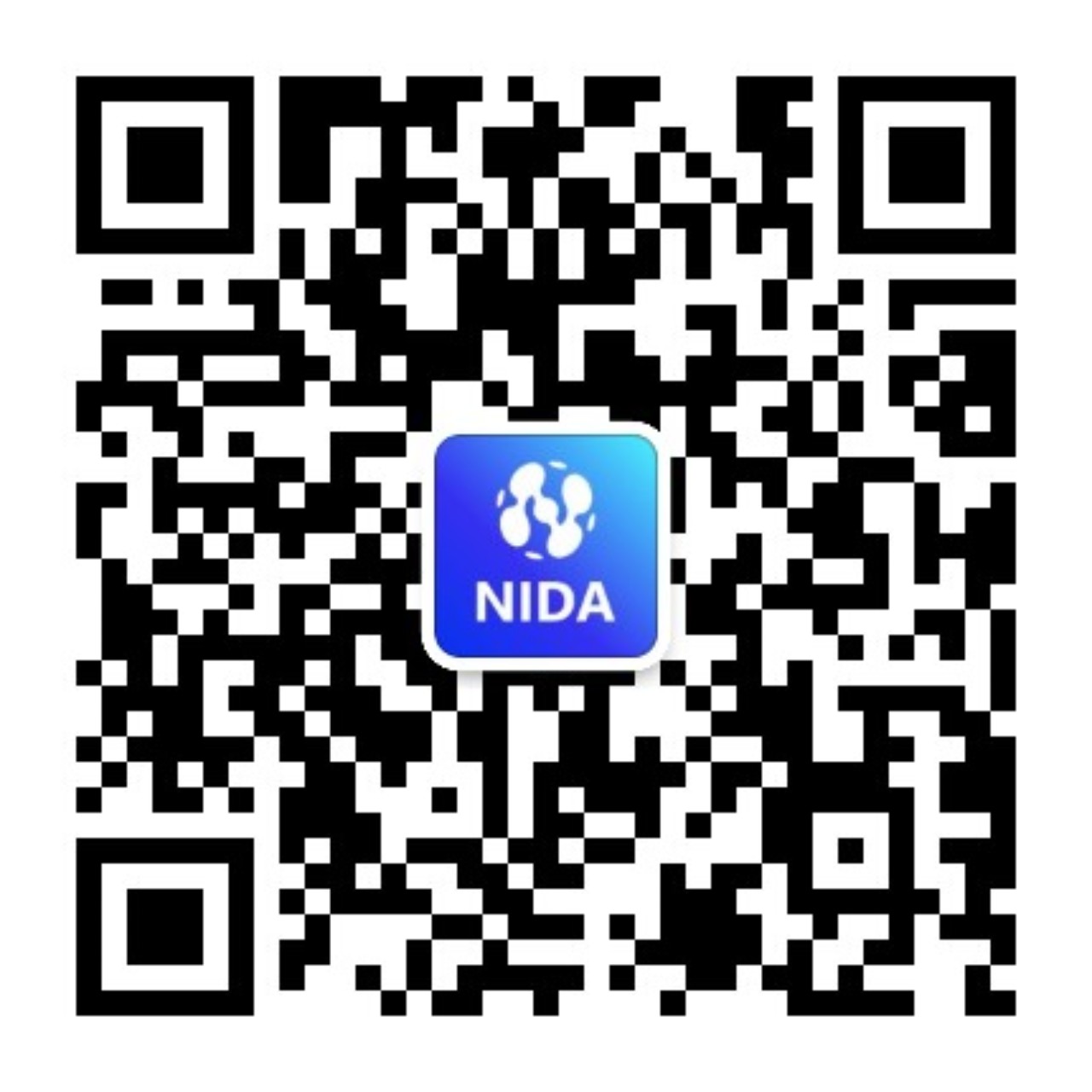The 5th meeting of the NIDA Self-Intelligence Network Working Group was successfully held: Focus on AI enablement and deepen the education and enterprise O&M fields.
On June 10, 2025 (Beijing time), the NIDA WG02 Self-Intelligent Network Working Group (hereinafter referred to as WG02) successfully held its semi-annual working meeting in Beijing. The meeting was conducted offline and online. China Research Institute of Information and Communication, China Unicom Research Institute, Jiangsu Future Network Research Institute, Huawei Technologies Co., Ltd., ZTE Co., Ltd., Ping An Technology (Shenzhen) Co., Ltd., Shenzhen Future Zhilian Network Research Institute, Zhongyulian Cloud Computing Service (Shanghai) Co., Ltd., and Suzhou Shengke Communication Co., Ltd. 16 representatives of the member units were present at this meeting.

The meeting began with an introduction and discussion of WG2's annual work plan, which reviewed two key project initiations: Technical Requirements for Network Agent Application in Education Campus and Enterprise O&M in the Agentic Era - O&M Blueprint for New ICT Infrastructure Finally, the World Conference on Artificial Intelligence (WAIC) and its participation information are introduced, and members of the working group are encouraged to sign up actively. This WG2 meeting was a great success.
This session discussed WG2's annual planning and core positioning. WG2 will be dedicated to building the "Datacom AN (self-intelligent network) industry position" and promoting the expansion of self-intelligent network technologies from the carrier field to the broader enterprise market. One of the key objectives this year is to further expand the membership of the Working Group, with the expectation of doubling its membership in the next year. The working group will focus on cutting-edge applications such as large models and agents, accelerate the output of joint innovation results, promote the release of related white papers, and build an enterprise-oriented AN system. The work content will cover the definition of enterprise O&M-oriented Agent (Agent), improvement of the standard system based on Agent and L4 level, incubating enterprise innovative applications, promoting joint innovation projects, and promoting achievements.
One of the core achievements of this meeting is the successful review of the two technical projects. First, the Project Technical Requirements for Network Agent Application in Education Campus was reviewed and approved at the meeting. This project aims to deeply integrate large-scale models and intelligent agent technologies to promote the evolution of campus network O&M to higher-level and intelligent network O&M to address challenges such as distributed traditional monitoring systems, low manual O&M efficiency, and time-consuming troubleshooting and closed-loop. The project plan analyzes the requirements of typical campus network O&M scenarios, sorts out the intergenerational characteristics of O&M capabilities, and defines the agent-based O&M architecture and corresponding technical requirements at the L4 level (high-order self-intelligence).
Another project that was reviewed and approved at the meeting was the white paper "Enterprise O&M in the Agentic Era: A Blueprint for New ICT Infrastructure O&M". This white paper aims to focus on and clearly define the future industry vision, intergenerational division, core technical features, and key value scenarios of enterprise intelligent O&M, with a view to promoting a broad consensus in the industry. The technical solution will focus on intelligent native, adaptive collaboration, and autonomous O&M. According to the plan, the white paper will be released in July after the project initiation is successful.
In addition, the conference presented information about the World Conference on Artificial Intelligence (WAIC), which will be held at the Shanghai Expo Center from July 26 to 28, with the theme of "Smart Age, Together" and NIDA will host the "Enterprise Intelligent O&M" sub-forum. The sub-forum will be held on 27 July and members of the Working Group are encouraged to actively register for the session.
The successful convening of the NIDA self-intelligent network working group meeting and the promotion of several important topics not only pointed out the direction for the future development of the working group, but also indicated that the intelligent level of network O&M is expected to be significantly improved in key fields such as education and enterprises driven by AI technologies. Inject new impetus into the maturity and development of self-intelligence network L4.

